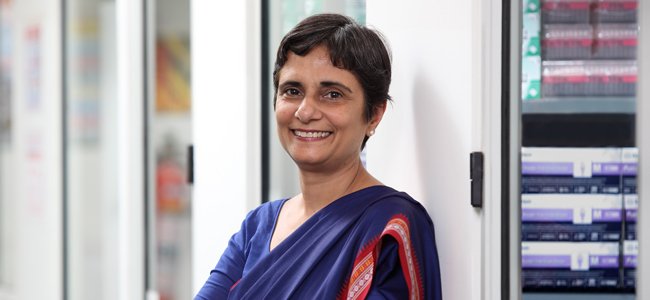One in four health centres worldwide lacks access to water, putting around 1.8 billion people at increased risk of contracting the coronavirus, the World Health Organization said Monday.
The lack of this basic amenity endangers patients and staff alike at such centres, the WHO said in a joint report with the UN children’s agency UNICEF. The study was based on data from 165 countries.
Almost 2 billion people are at greater risk of COVID-19 and other diseases because they use or work in health care facilities without basic water services.🚱 https://t.co/tMAwHY7TIk
— UNICEF (@UNICEF) December 14, 2020
“Working in a healthcare facility without water, sanitation and hygiene is akin to sending nurses and doctors to work without personal protective equipment,” said WHO chief Tedros Adhanom Ghebreyesus.
These elements “are fundamental to stopping Covid-19. But there are still major gaps to overcome, particularly in the least developed countries.”
According to WHO figures, while health professionals make up less than three per cent of the population, they account for 14 per cent of Covid-19 cases recorded around the world.
“Sending healthcare workers and people in need of treatment to facilities without clean water, safe toilets or even soap puts their lives at risk,” said UNICEF chief Henrietta Fore.
Water, sanitation and hygiene (WASH) are vital to the safety of health workers and patients yet the provision of these services is not prioritized.
The report also found that one in three health facilities around the world could not guarantee hand hygiene, while one in 10 did not have access to sanitation services.
The figures are even worse for the world’s 47 least-developed countries (LDCs), where half of the healthcare centres have no access to drinking water, a quarter has no access to water for hygiene purposes, and three in five lack basic sanitation services.
The WHO and UNICEF calculated that it would cost around $1 per inhabitant to provide basic water services in these countries’ health centres — and 20 cents each to maintain such facilities each year.
According to the report, immediate, incremental investments in WASH have big returns: improving hygiene in health care facilities is a “best buy” for tackling antimicrobial resistance.
It reduces health care costs because it reduces health-care-associated infections (which are costly to treat). It saves time as health workers do not have to search for water for hand hygiene. Better hygiene also increases the uptake of services. This all adds up to a return of USD 1.5 for every dollar invested.
Improving WASH services in health care facilities is particularly important around childbirth when far too many mothers and newborns suffer and die, including from preventable conditions like sepsis. Better WASH services could save a million pregnant women and newborns’ lives and reduce still-births.
“For millions of healthcare workers across the world, water is PPE”, said Jennifer Sara, Global Director for Water at the World Bank Group.
“It is essential that financing keeps flowing to bring water and sanitation services to those battling the COVID crisis on the frontlines. Funding WASH in healthcare facilities is among the most cost-effective investments that governments can make.”
YOU MAY LIKE TO READ: Medical Waste Crisis: Biomedical Waste Management In India Urgent To Halt Covid-19
“Without frontline health workers being able to wash their hands; provide their patients with clean water, or have somewhere decent to go to the toilet, a hospital is not a hospital at all – it’s a breeding ground for disease,” said Tim Wainwright, Chief Executive at international charity WaterAid.










